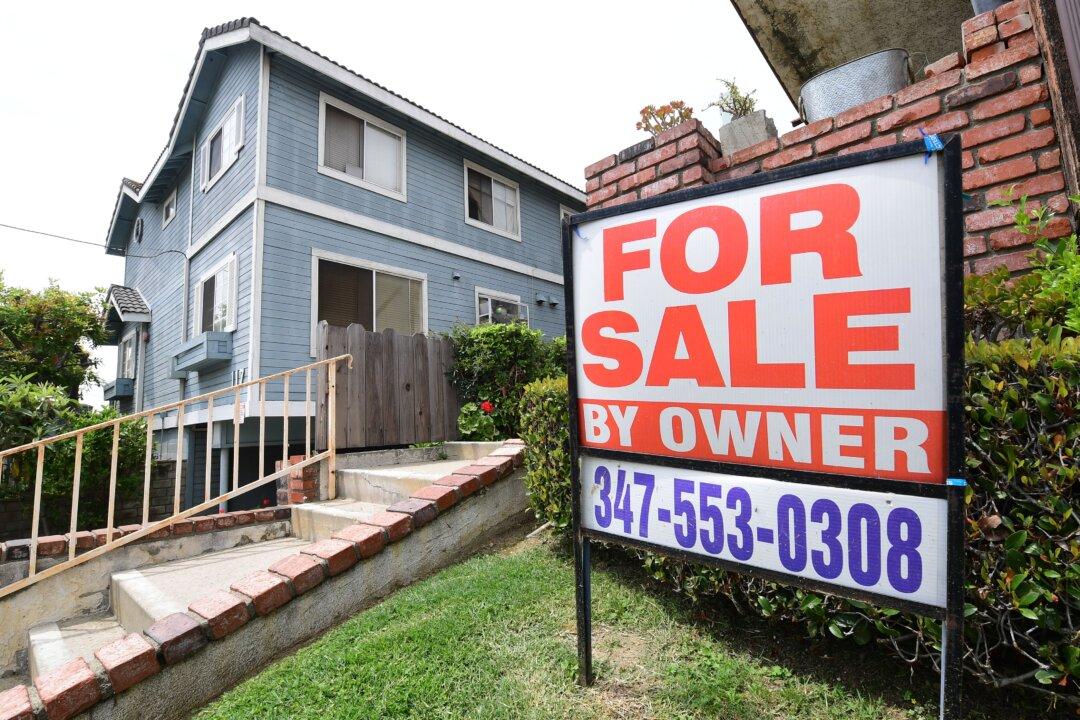LOS ANGELES—A Southern California brother-and-sister team were arrested April 6 on federal charges alleging they orchestrated a $6 million real estate fraud scam in which they listed homes without the owners’ consent and collected money from multiple would-be buyers for each of the not-for-sale homes.
Adolfo Schoneke, 43, of Torrance, and Bianca Gonzalez, also known as Blanca Schoneke, 38, of Walnut, each pleaded not guilty April 6 to a nine-count indictment unsealed after their arrests.





